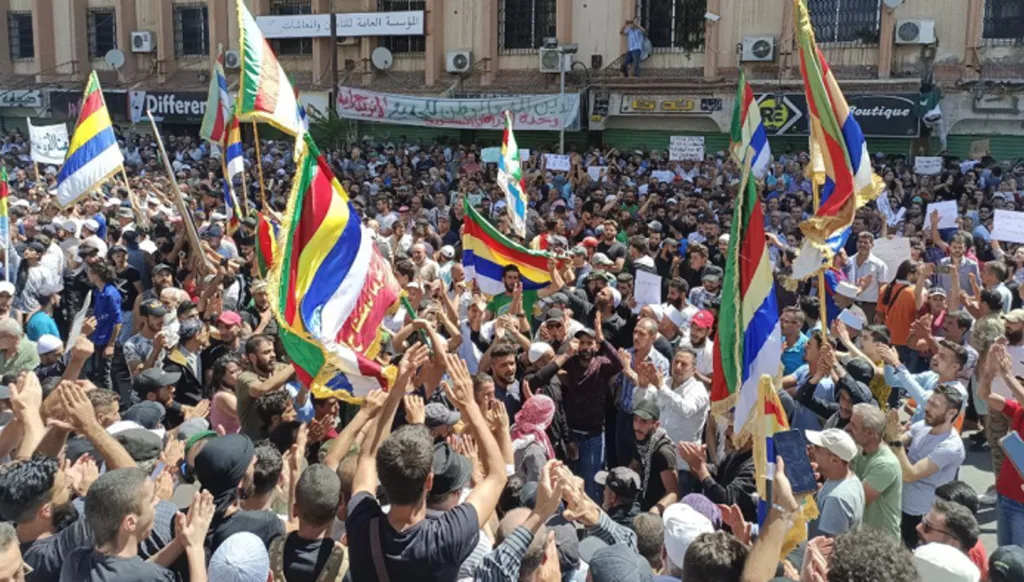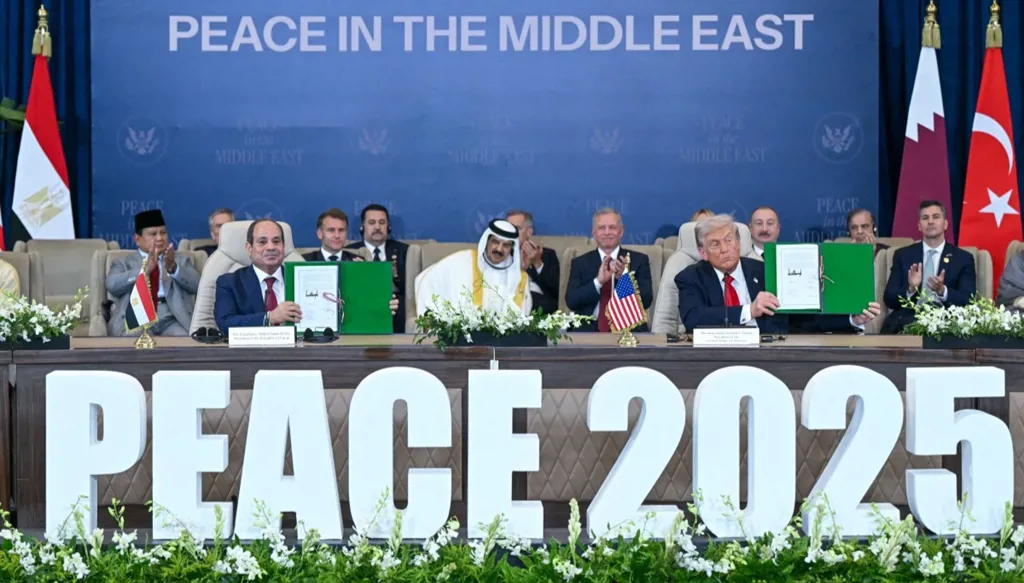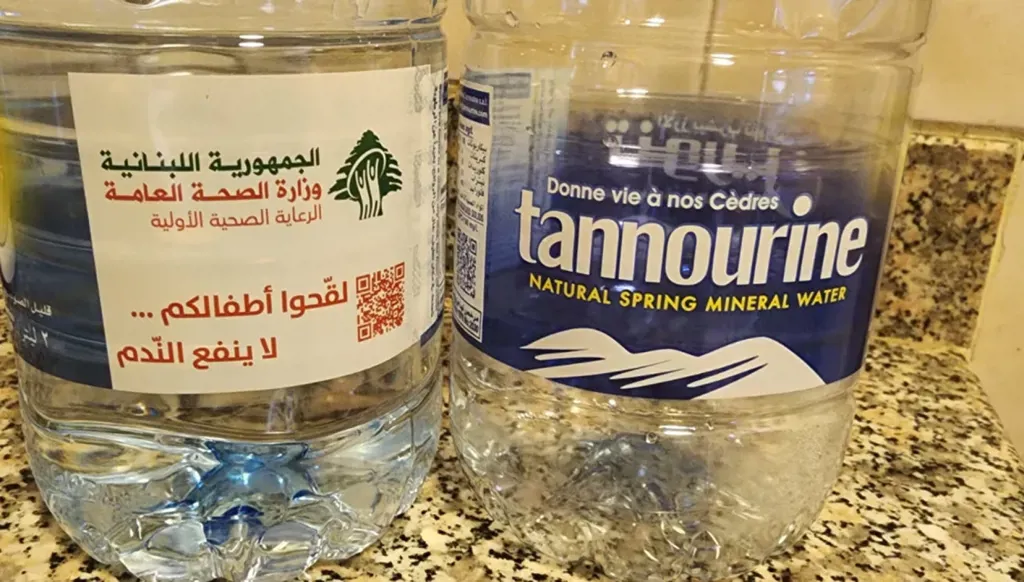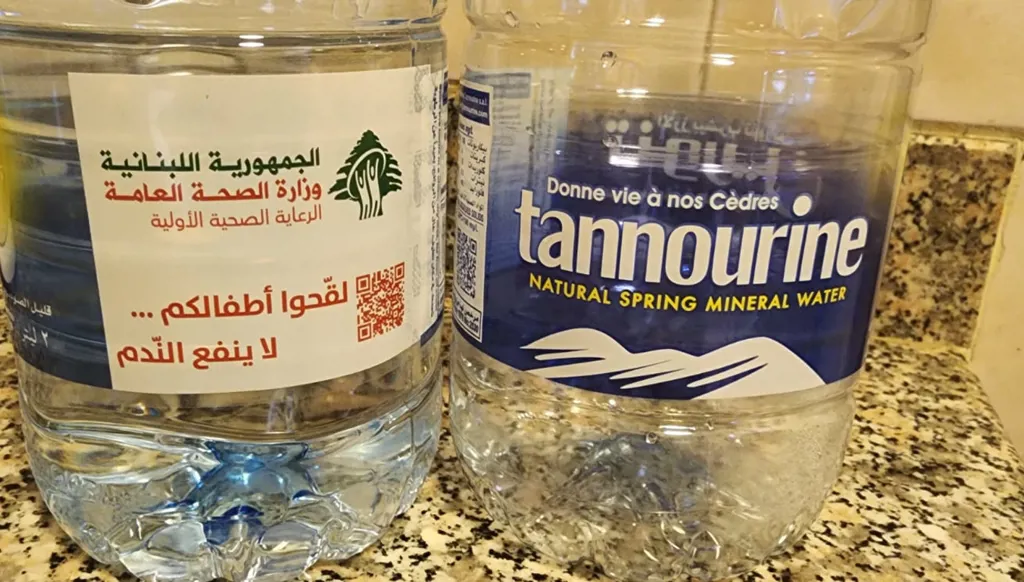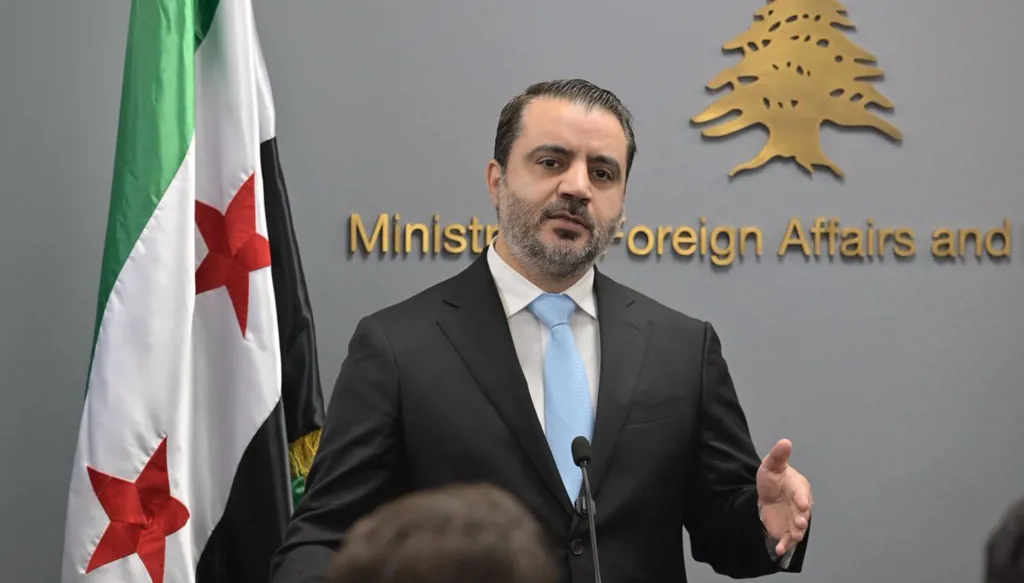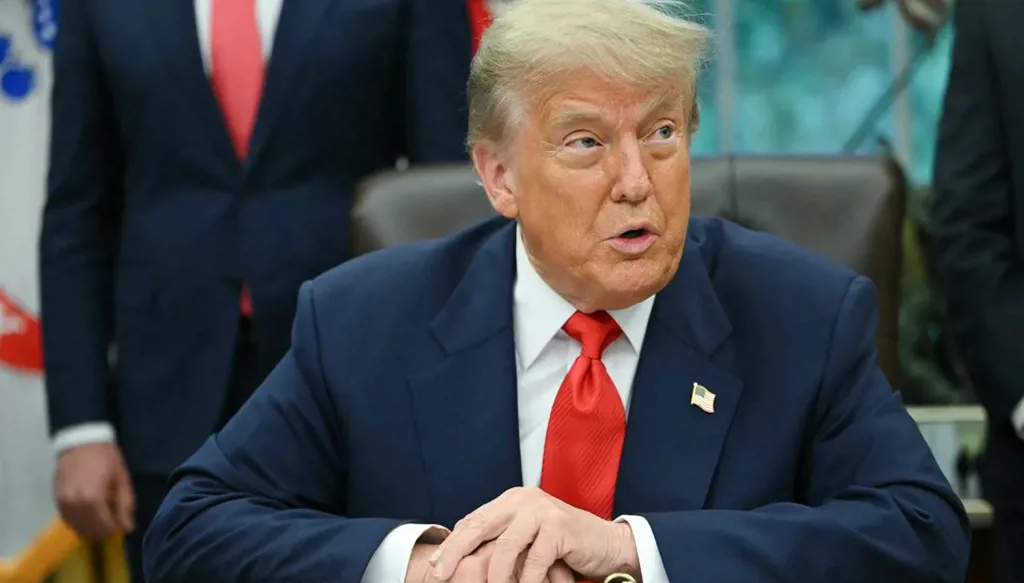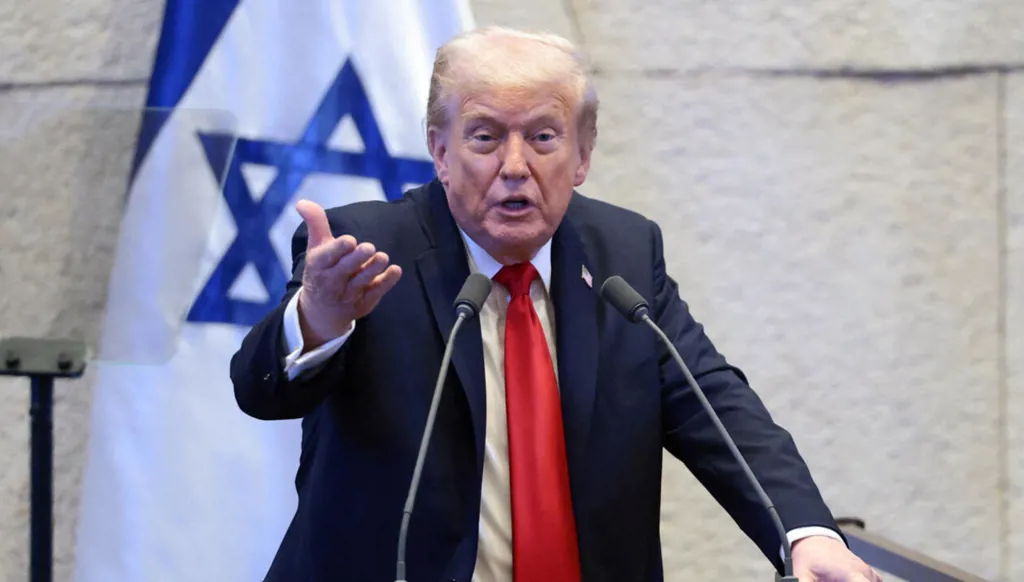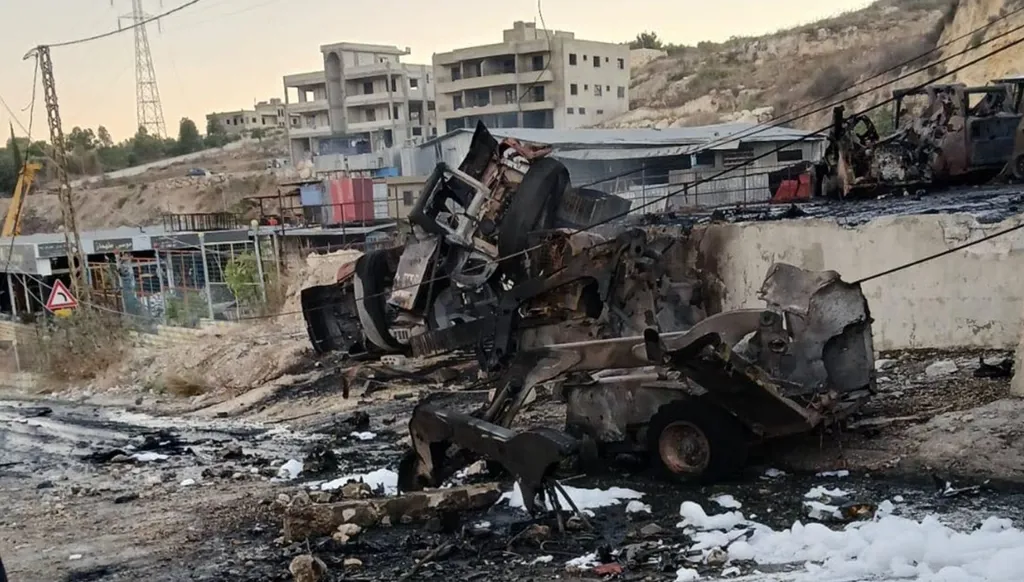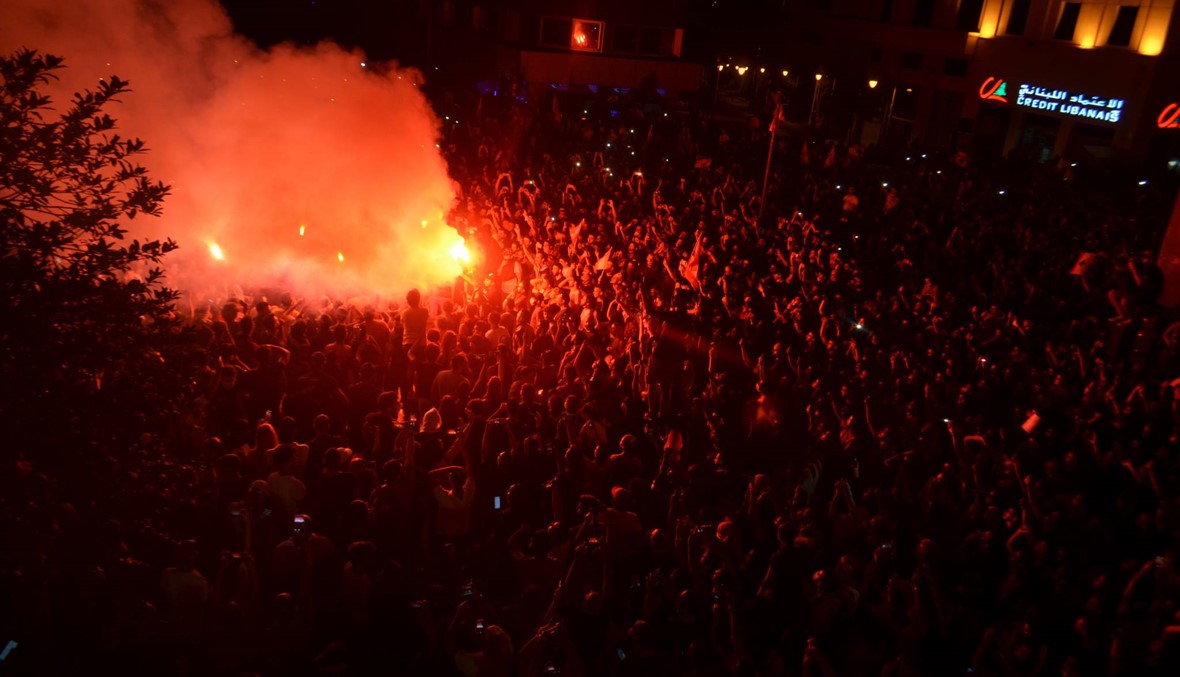
BEIRUT: “United, we stand” was Lebanese’ loudest scream in the past 30 hours.
As of 10:30 pm Friday, protesters were still out in a myriad of different areas throughout Lebanon, their passionate shouts echoing continuously. Early on Friday morning, many sang the national anthem in unison, while religious leaders from all major sects in Lebanon were seen walking hand in hand alongside the protesters in Downtown Beirut.
“It’s so beautiful how, when we are down here protesting there is no religion, sect or segregation between us, we are all one people,” said Reem Ezzedine, one of the protesters.
From north to south, collective determination imbued a strong sense of validity-- this time was not the same as all the other mass calls for change.
“Today, Lebanon felt different. Everyone is down there on the streets for one cause,” said Fouad Atwe, one of the protesters. “There were people distributing water and food. Others were singing Fairuz songs. We were all enjoying our time and supporting each other.”
Dhalia Nazha, the Montreal-based student who had begun the fundraiser for the fires that happened two days ago, created an event on Facebook calling people to join her for a silent protest in front of the Lebanese Embassy in the city. Similar initiatives were seen on social media by other Lebanese in New York, Paris, and London.
Nevertheless, anger was still prevalent. People from different backgrounds, different ages, and different positions, remained true to the initial purpose of the protests-- “the people demand the resignation of this regime.”
“I’m here because I’m tired of seeing people in need of the minimal human rights that they deserve but can’t have,” said Said Hage, a young pilot-to-be. “The poverty, dying in front of hospitals, the improper healthcare.”
Prime Minister Saad Hariri went live on all TV stations at 6:30 PM and gave the government a deadline of 72 hours to implement changes or “the conversation will be a different one.”
Hariri’s speech was taken with a great deal of skepticism. Protesters in Batroun said they would not leave the streets until the Cabinet resigned.
As the night progressed, tear gas rained down on protesters as they walked towards parliament in Riyad El Solh square, causing the protesters to scatter -- but not leave. Many of the protesters changed locations towards Martyr’s Square after the attack. It was also reported that 17 Security Forces officers were injured in the altercation.
“They tear-gassed us, they evoked stampedes, they shot bullets,” said Nader Akoum in an Instagram post. “Don’t give up, I’m taking a rest but I’m going back down.”
The sentiment on the streets as well as on social media pointed to Lebanese's determination -- protests are expected to continue, protesters uniformly told Annahar.



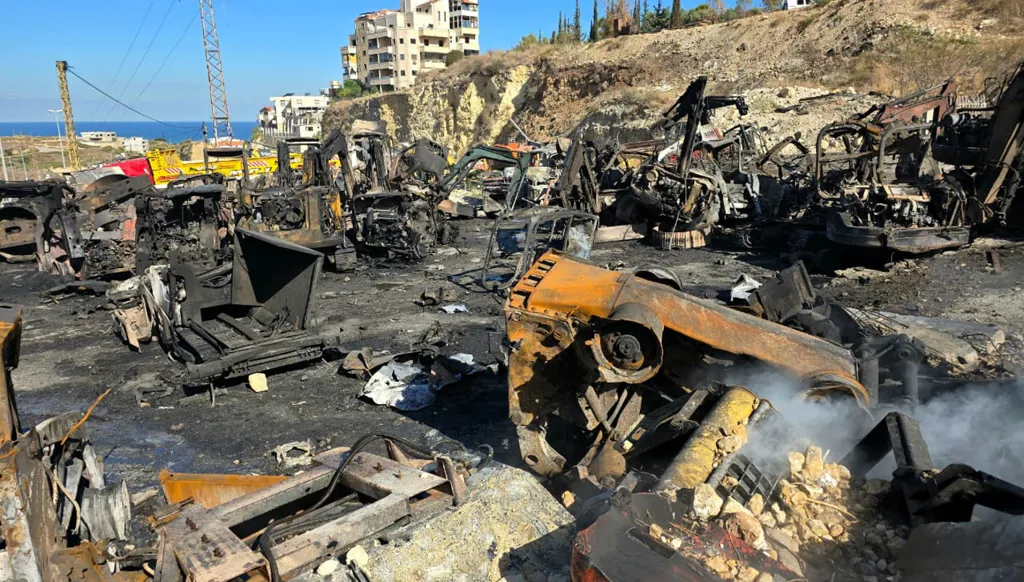
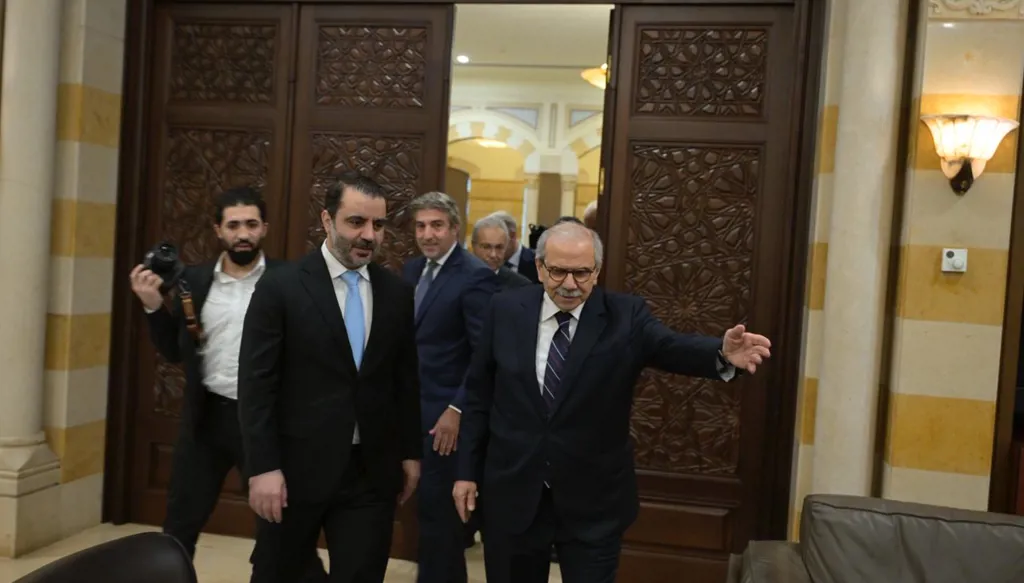

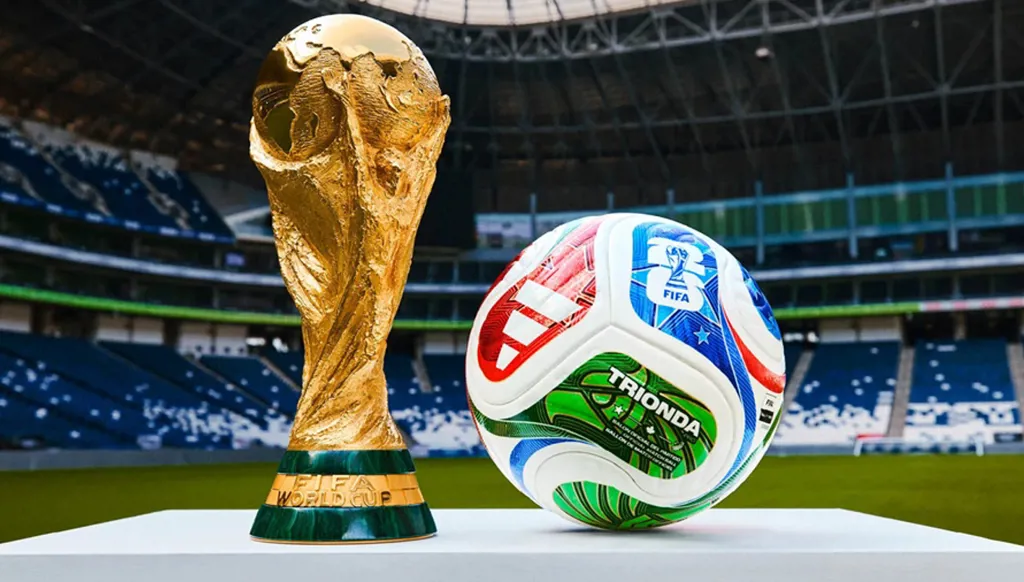
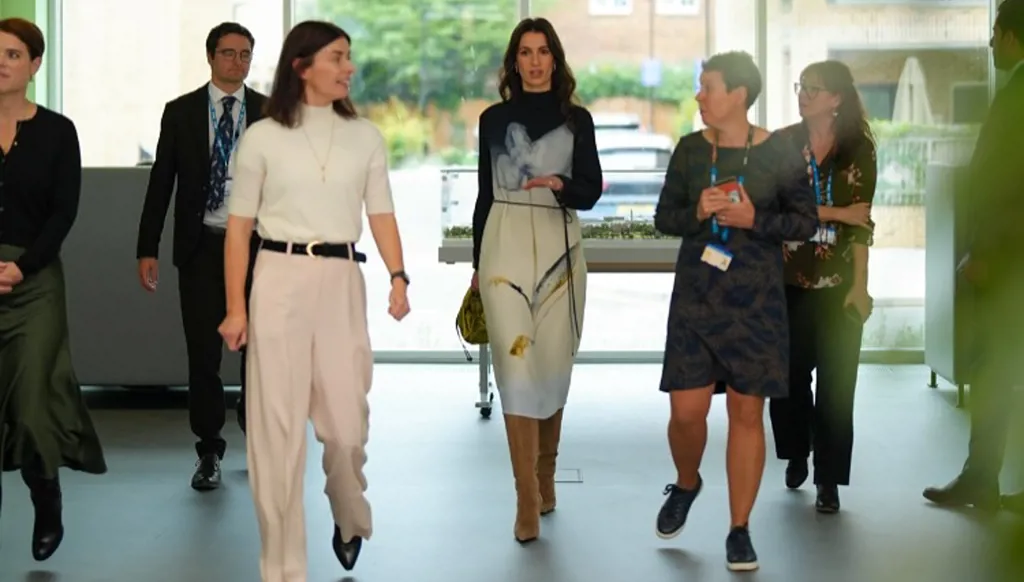


 تويتر
تويتر
 فيسبوك
فيسبوك
 يوتيوب
يوتيوب
 انستغرام
انستغرام
 نبض
نبض
 ثريدز
ثريدز



 مسنجر
مسنجر
 واتساب
واتساب
 بريد إلكتروني
بريد إلكتروني
 الطباعة
الطباعة


